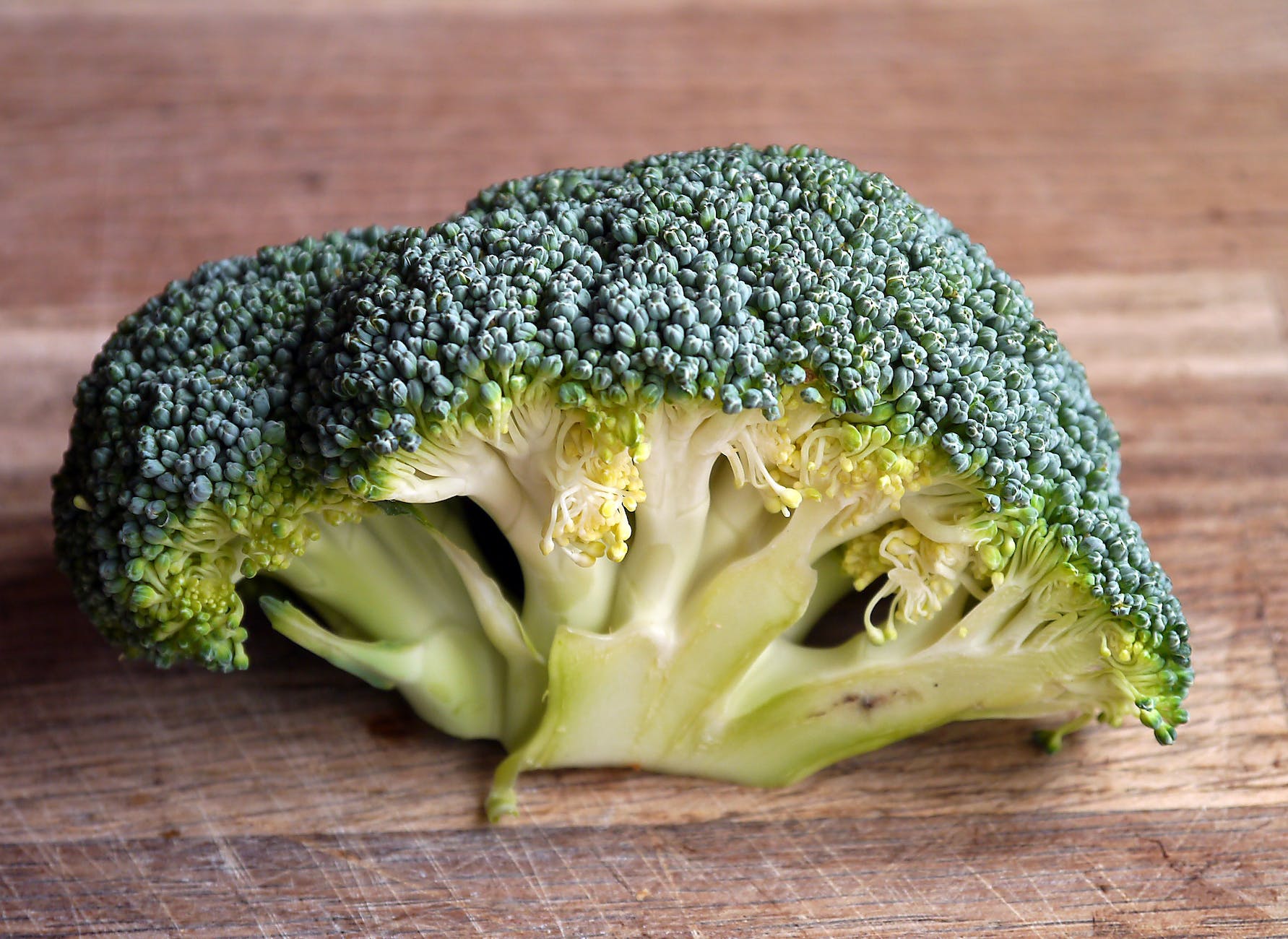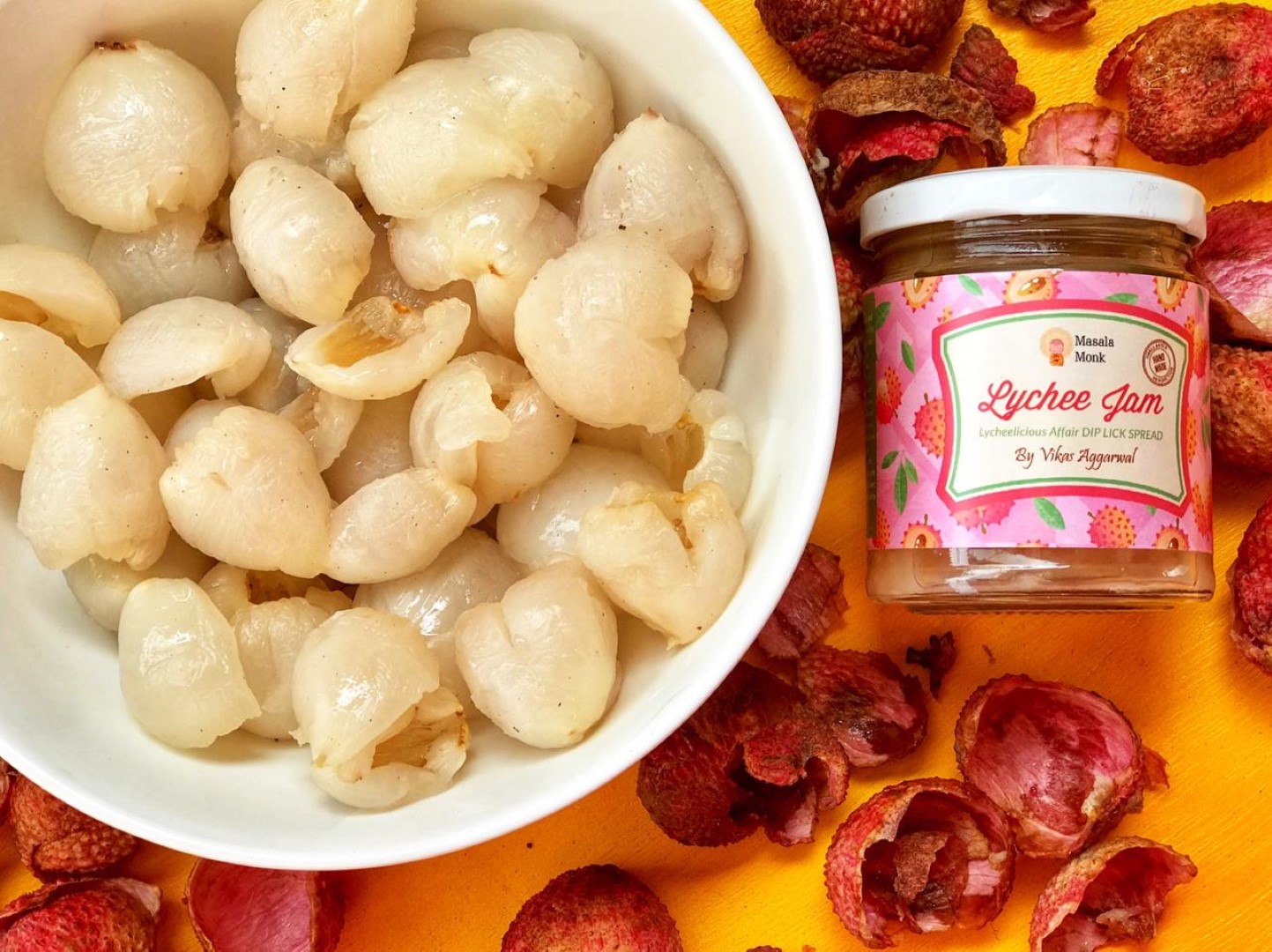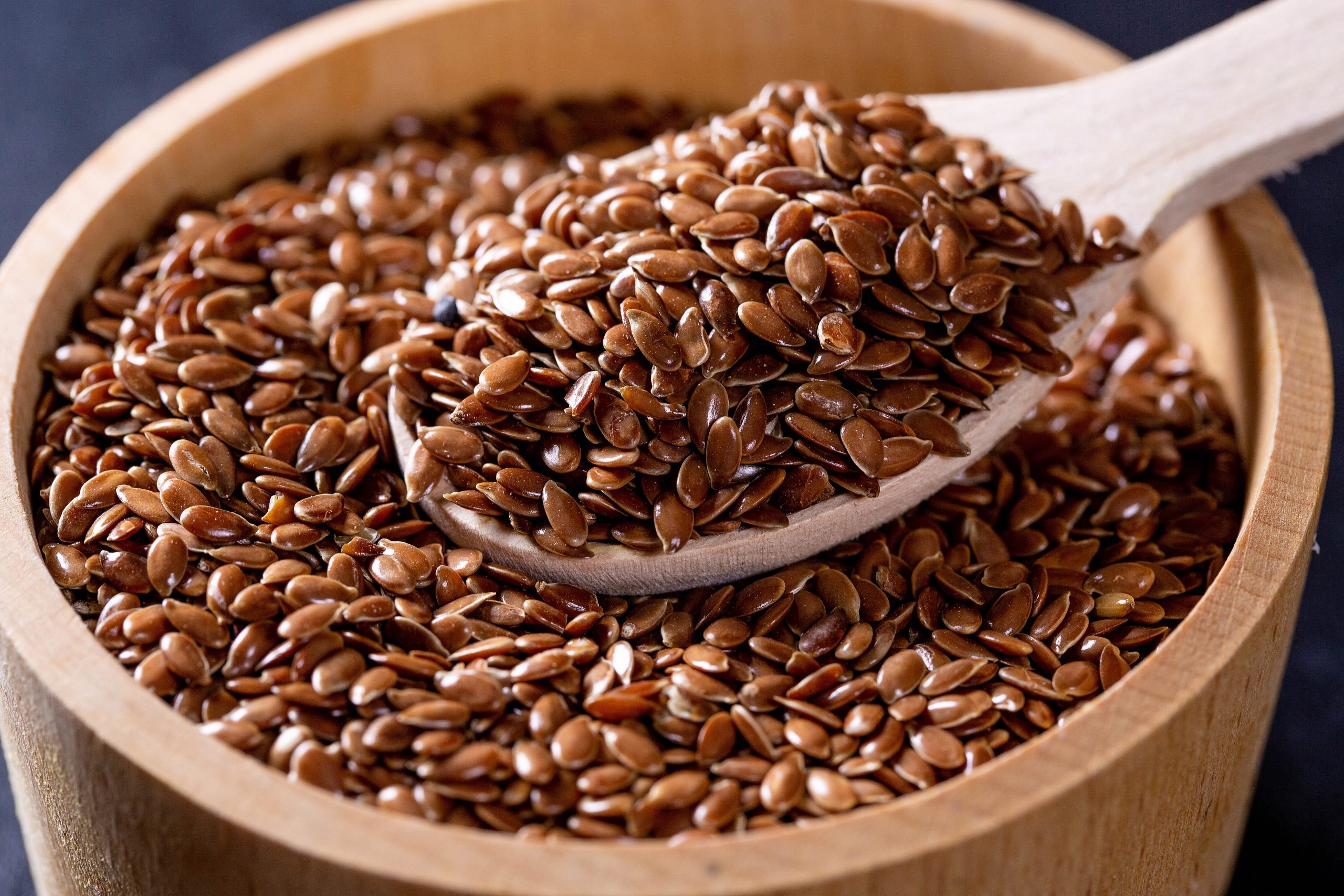
Introduction: 🍕🌿 Pizza – the universally loved dish that has won hearts across the globe. But, as we all know, this delicious treat often comes with a hefty price tag for our health. What if we told you that there’s a way to enjoy your favourite dish without the guilt? Yes, you read that right! The Satvic Movement, a health and wellness initiative, has shared a recipe for what could be the healthiest pizza in the world. This pizza is free from maida (refined flour), packaged cheese, and oil. Instead, it’s made with whole wheat flour, whole nuts, and homemade plant-based cashew cheese. Plus, all the sauces are made from scratch at home. Intrigued? Let’s dive into the recipe!
The Satvic Pizza Recipe: The Satvic Movement’s video titled “Healthiest Pizza in the World – Homemade Recipe | स्वादिष्ट सात्विक पिज़्ज़ा रेसिपी” provides a step-by-step guide to making this wholesome pizza. They share two variations – a colourful Garden Pizza and a Pesto Pizza.
- The Dough: The journey to the healthiest pizza begins with the dough. Made from whole wheat flour, the dough is kneaded to the perfect consistency and then left to rest. This ensures that the dough rises well and gives the pizza its characteristic fluffy base.
- The Sauce: No pizza is complete without a tangy and flavourful sauce. The tomato sauce for this pizza is prepared from fresh tomatoes and basil leaves. This homemade sauce not only enhances the taste but also ensures that no preservatives or artificial flavours are added.
- The Toppings: The Garden Pizza is topped with blanched sweet corn and broccoli, adding a burst of colours and nutrients. The Pesto Pizza, on the other hand, features slightly roasted carrots and brinjals, offering a unique and delicious twist.
- The Cheese: The star of the show is the homemade cashew cheese. Made from soaked cashews blended into a creamy paste, this vegan cheese is a healthier alternative to packaged cheese and adds a rich and creamy texture to the pizza.
The Satvic Movement emphasizes that this pizza is a celebration recipe, not something to be eaten every day. They also note that the pizza beats any restaurant pizza in taste and improves your health, making it a great combination.
Exciting Announcement: The video also announces the availability of the Satvic Food Book 2, which contains recipes for Satvic momos, frankies, nachos, rabris, cakes, new salads, and new sabzis. This book could be a great addition to your kitchen if you’re looking to explore more healthy and delicious recipes.
Conclusion: If you’re interested in more such recipes and discussions, do join our Facebook group Eatlo. We’d love to hear your experiences and experiments with Satvic cooking! So, why wait? Put on your chef’s hat, roll up your sleeves, and get ready to create some magic in your kitchen with this healthy and delicious Satvic pizza recipe! 🍕🥦🌽🥕🧀🍅🍽️
Blog Tags: Satvic Food, Healthy Pizza, Homemade Pizza, Vegan Cheese, Whole Wheat Pizza, Healthy Recipes, Vegan Recipes, Plant Based Diet, Healthy Eating, Clean Eating, Nutrition, Foodie, Cooking, Recipe, Eatlo













